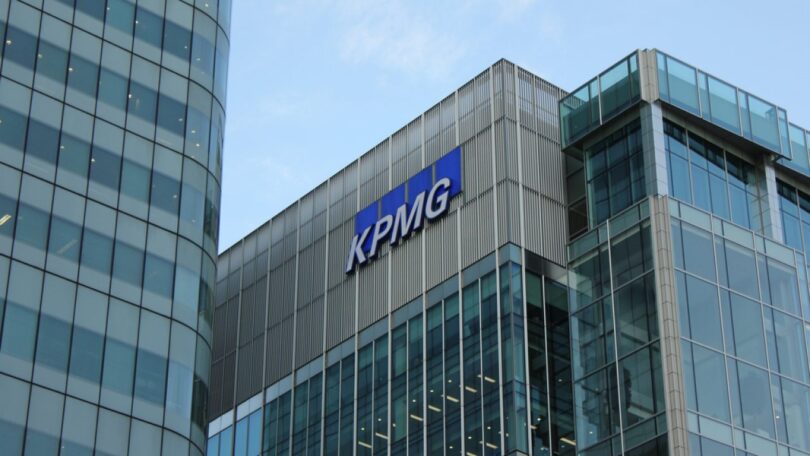Global tax and advisory service firm, KPMG Nigeria has criticised the 50% windfall tax on the bank’s foreign exchange revaluation gains recorded in 2023 stating that it could result in a legal dispute.
The firm stated this in its reaction to the recently imposed tax on banks by the federal government where it stated that current revenue challenges of the government may have triggered the tax.
According to the firm, Nigeria’s tax policy does not support retroactive taxation and since most banks have settled their tax liabilities for the financial year of 2023, it could lead to a constitutional crisis since it runs counter to the principle of legitimate expectations.
The report stated, “Nigeria’s tax policy frowns at retroactive application of tax laws. It is, therefore, surprising, that the government has chosen to implement these windfall taxes retroactively. Moreover, many of these banks have submitted their tax returns for the 2023 financial years and have settled the resultant liability.”
“The impact of this retroactive application may raise constitutional concerns as it may violate the principle of legitimate expectations. It will, therefore, not be surprising if the implementation leads to legal disputes and challenges.”
KPMG opined that retroactive taxes such as this could discourage investment from foreign businesses due to the unpredictability of the country’s tax laws.
Also, the report suggested proper technical consultation with stakeholders on the impact of the tax before the bill is enacted into law stating that such feedback is needed to prevent unintended consequences.
Furthermore, the firm criticised the projected use of 50% of the projected N6.2 trillion funds to be generated from the tax for recurrent expenditure as well as the timing since commercial banks are approaching the capital markets to raise funds to meet the Central Bank of Nigeria (CBN) new capital requirements.
It is important to note that major commercial banks such as Fidelity, Access banks, GTCO etc have approached the capital market to raise funds to meet the CBN’s new capital requirements and more are expected. It is projected that banks will need to raise N4 trillion in fresh capital in the next 18 months.
The report called on the Ministry of Finance to liaise with the CBN on the capacity of banks to meet the proposed capital requirements calling the windfall tax a distraction that banks do not need at this time.
The tax and advisory firm also described the windfall tax as a tacit double taxation as banks already paid 30% of their overall profit including those from foreign exchange transactions as Company Income Tax (CIT). It sought clarification on whether the banks would be required to pay 20% to their hitherto 30% company tax or pay afresh a new 50% on foreign exchange profits.
Also, it noted that in climes where retroactive taxes were imposed, it is ideal they provide some form of tax relief to cushion the effects of such taxes. It lamented the absence of such in the amendment to the finance bill.
The report also questioned why banks alone were singled out in this tax, suggesting they were likely not the sole beneficiaries of foreign exchange revaluation gains.
According to it, any business holding foreign currency assets would have profited if those transactions were settled in 2023.
It further noted that singling out banks contradicts the tenets of the National Tax Policy, which hinges on equity and fairness.
KPMG also noted that there needs to be proper monitoring and evaluation to ensure that the objectives of the policy are realized to prevent a business-as-usual situation.







